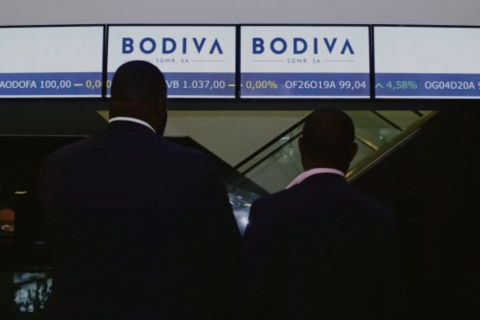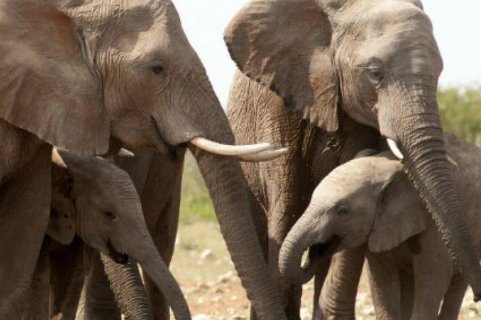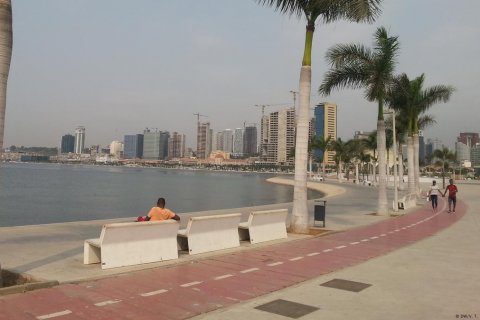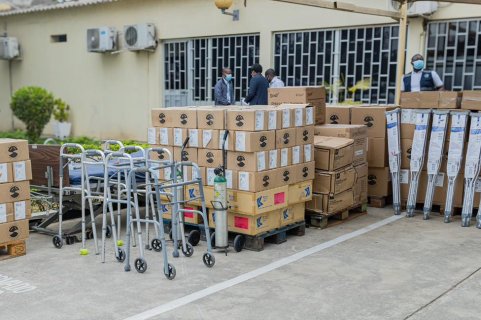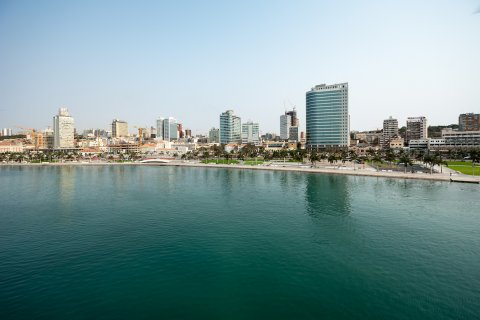For António Costa Silva, the centralization of power, which the war forced, combined with "an oil revenue boom" right after the end of the conflict, led the country, then led by José Eduardo dos Santos, "to a situation of bad governance, embezzlement of funds, embezzlement of revenues, systems of corruption, which are absolutely iniquitous and distort the functioning of the economy.
When the war in Angola ended in 2002, the country was "in the midst of an oil price boom, so the country received absolutely extraordinary financial revenues, and here we have the combination of two factors that still led to the greatest centralization of power," explained the manager, who worked in the state oil company Sonangol and was linked to the fight for the country's independence.
Now, "when there's the easy money of oil, on top of that when you centralize the decisions in one person, it's much more difficult for the country to reform, diversify the economy and bet on sectors other than oil.
Angola "let itself be trapped" in this cycle, which, "combined with poor governance, has created a great poverty trap for the country as a whole.
Botswana, which also had very significant revenues from diamonds, used these financial revenues to develop education, health, innovation, technology, and diversify the economy, Costa Silva exemplified.
"And today it has a country that is much more prosperous and more resilient than Angola", pointed out the manager.
In Angola, from oil revenues, 45 years after independence "nothing remained for Angolans," he admitted, noting that studies by several Angolan economists are "forceful about the fate of these billions and billions of dollars, which were used by personal greed and not for the benefit of the country.
The country, on the contrary, "has suffered greatly throughout this process," he stressed.
For the president of Partex, an oil company that was part of the Gulbenkian Foundation and is now controlled by the Thai PTTEP, to get out of the trap the country is in, it now needs to "bet on agriculture, because agriculture, even if it is basic goods, creates food, and then education and health.


